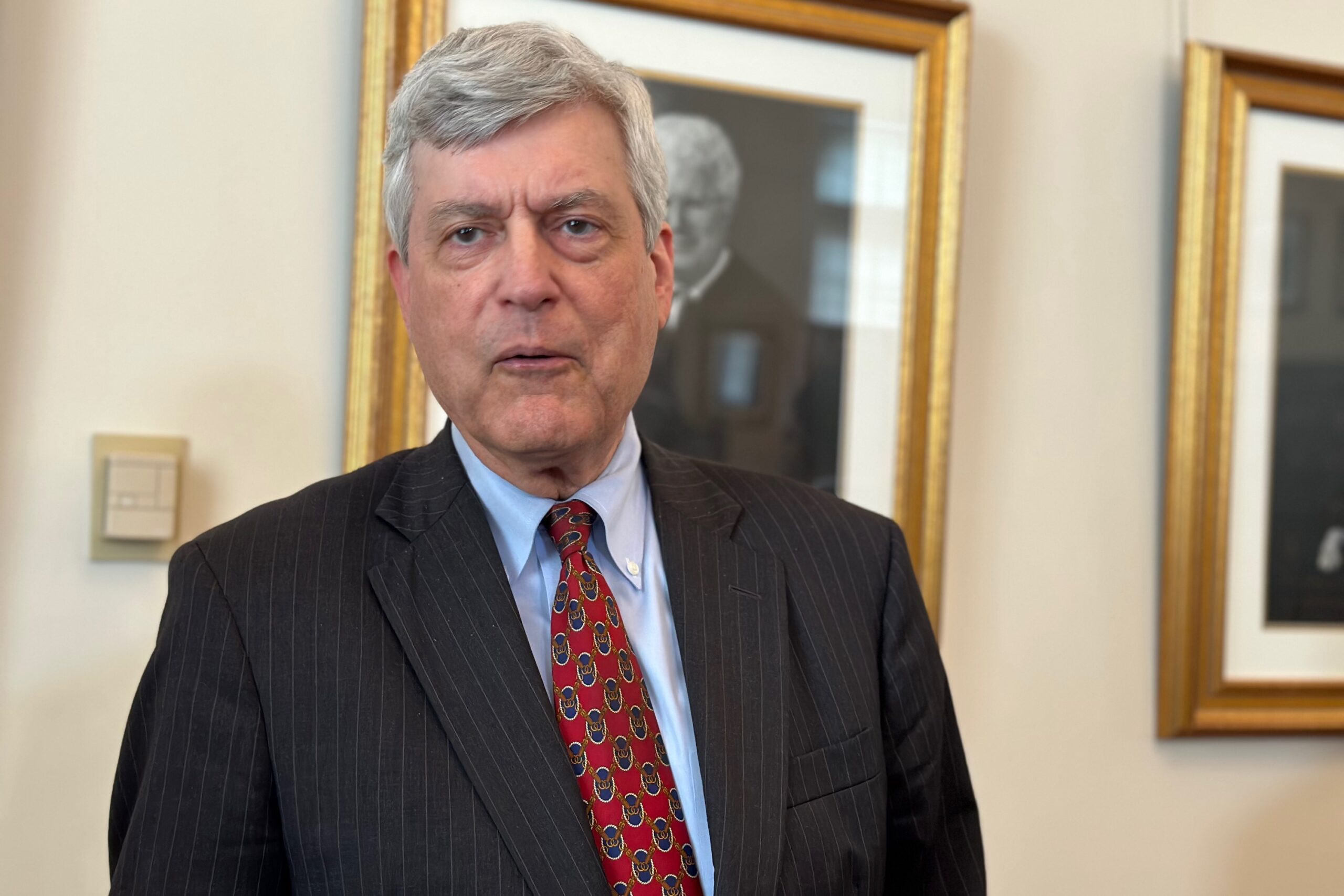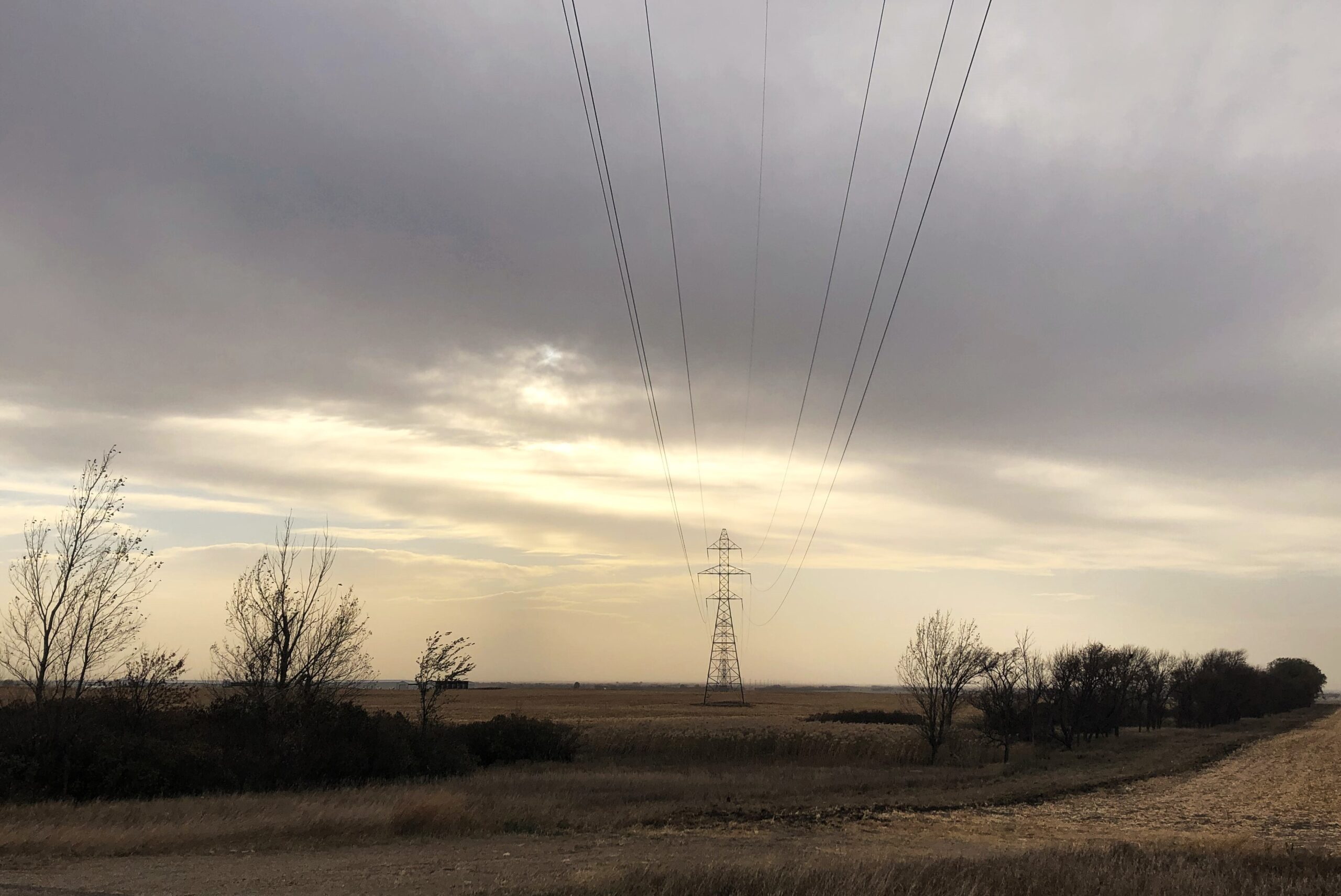PSC chief: Hang up on this flawed argument about the Telephone Solicitations Act

By Frederick H. Hoover
The writer is chair of the Maryland Public Service Commission.
In his op-ed (‘‘Maryland businesses under threat,’ March 26, 2024), Doug Gansler grossly misrepresents the effects of a recent Maryland Supreme Court decision as it relates to the Maryland Telephone Solicitations Act (MTSA) and its application to calls from customers to businesses.
In addition, Mr. Gansler has found someone to introduce an amendment to pending legislation, House Bill 1228, that would effectively overturn the Supreme Court’s decision and put Maryland consumers in harm’s way. He argues that without the amendment to exempt any call made by a consumer to a merchant, the bill would drive companies out of business and ruin the experience of customers trying to order a pizza or a bouquet of flowers.
That is absolutely not the case. For almost 30 years the attorney general’s office has been enforcing the MTSA without causing the draconian effects Mr. Gansler claims.
Central to this debate was a Maryland Public Service Commission case against SmartEnergy, a retail energy supplier and Mr. Gansler’s client, in which the commission found that its inbound calls from potential customers were not exempt from the MTSA. The commission ruled that the MTSA did apply because the marketing materials prompting the calls were misleading since they did not contain adequate and accurate information upon which the customer could make an informed decision.
This was key to the commission’s decision that SmartEnergy violated customer protection rules and state law. By operating in violation of the MTSA and the commission’s regulations, from the time it began enrolling customers in 2016, SmartEnergy lured over 34,000 Maryland utility customers to call the supplier and enroll, misleading them into thinking they were being rewarded for being “valued customers” of their utility, and charging rates significantly higher than the utility’s standard offer service rate.
SmartEnergy appealed to the courts, but the commission’s decision was upheld first by the Circuit Court for Montgomery County, then the Appellate Court of Maryland, and finally the Supreme Court of Maryland. Mr. Gansler, on the losing end of these appeals, now asserts that the Maryland Supreme Court got it wrong. What is wrong is that Mr. Gansler’s client attempted to contract with energy consumers by bypassing both the MTSA and the commission’s regulations.
SmartEnergy’s repeated argument — to the courts and to the legislature — that the MTSA was enacted in 1988 for the purpose of prohibiting “cold calls” is patently wrong. Maryland and the federal government have entirely separate statutes to address “cold calls.”
Rather the MTSA was enacted to prohibit sellers from using telephone sales to trick consumers into purchasing unwanted goods and services. The Public Service Commission has joined the Office of Attorney General Consumer Protection Division in opposing the amendment to HB 1228 to exempt consumer calls to merchants and has urged the Senate Finance Committee to reject it.




 Creative Commons Attribution
Creative Commons Attribution